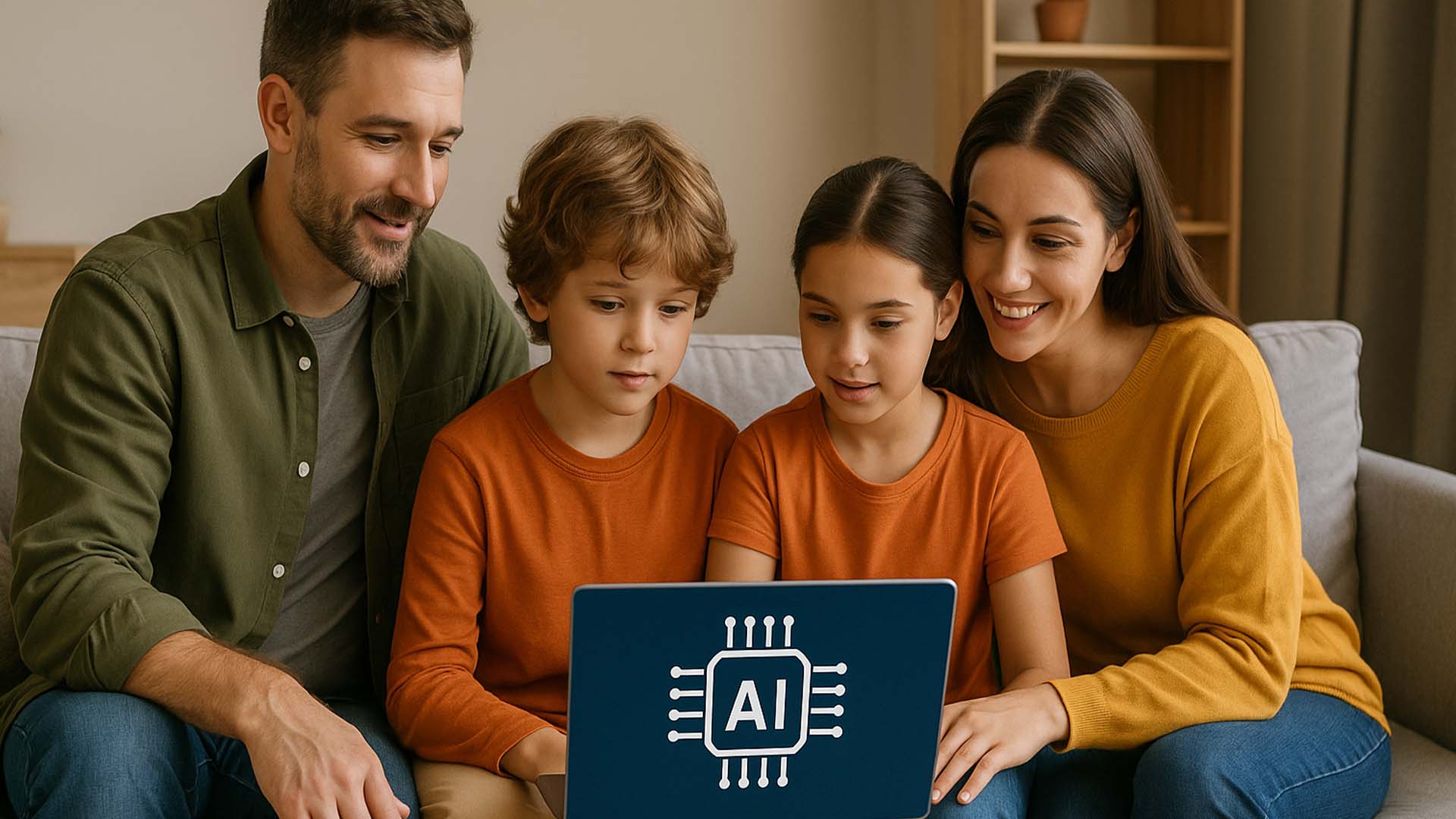In an increasingly digital world, artificial intelligence (AI) is transforming various aspects of our lives, including parenting. AI-powered parenting tools offer innovative solutions to help families manage daily tasks, enhance learning, and improve communication. From smart home devices that streamline routines to educational apps that personalize learning experiences, AI is becoming an integral part of the modern family landscape. This article explores the benefits and potential risks of integrating AI into parenting, providing insights for parents navigating this evolving technological frontier.
Benefits of AI in Parenting
AI tools offer numerous advantages for parents. They can provide personalized parenting support, adapting to individual family needs and child development stages. For instance, AI-powered educational apps can tailor learning content to a child’s pace and style, making education more accessible and engaging [1]. Smart home devices and calendar apps can help parents manage schedules, set reminders, and automate household tasks, saving valuable time [2]. Real-time monitoring and feedback from AI tools can also enhance communication within the family and provide insights into a child’s well-being.
Risks and Ethical Considerations
While beneficial, AI in parenting also presents significant risks that require careful consideration. Privacy is a major concern, as these tools often collect vast amounts of data about children and families [3]. There’s also the risk of exposure to inappropriate content, harmful interactions, or even AI-generated child sexual abuse material (CSAM) [4]. Deepfakes and impersonation are emerging threats that parents need to be aware of. Ethical concerns also include potential bias in AI decision-making and a lack of transparency in how these systems operate [5]. It’s crucial for parents to understand these risks and take steps to mitigate them.
Navigating AI Safely
To ensure safe and beneficial use of AI tools, parents should:
- Research thoroughly: Before adopting any AI tool, understand its features, privacy policies, and security measures.
- Set boundaries: Establish clear rules for screen time and AI interaction.
- Stay engaged: Actively participate in your child’s digital life, asking questions and guiding their interactions with AI.
- Educate your child: Teach children about online safety, critical thinking, and responsible AI use.
- Prioritize human connection: Remember that AI tools are meant to assist, not replace, genuine human interaction and emotional development.
Q&A
Q: What are some common AI-powered parenting tools?
A: Common tools include smart home devices for task management, educational apps for personalized learning, and AI-driven communication platforms.
Q: What are the main risks of AI in parenting?
A: Key risks include privacy concerns due to data collection, exposure to inappropriate content, and potential for harmful interactions or deepfakes.
Q: How can parents ensure safe AI use for their children?
A: Parents should research tools thoroughly, set clear boundaries, stay engaged in their child’s digital life, and educate them on online safety.
Sources
[1] https://www.calm.com/blog/ai-kids
[2] https://www.familyeducation.com/kids/safety/online/ai-in-the-home
[3] https://www.mobicip.com/blog/ai-kids-online-benefits-risks
[4] https://childrescuecoalition.org/educations/the-dark-side-of-ai-risks-to-children/
[5] https://www.ox.ac.uk/news/2024-03-21-ai-ethics-are-ignoring-children-say-oxford-researchers








0 Comments